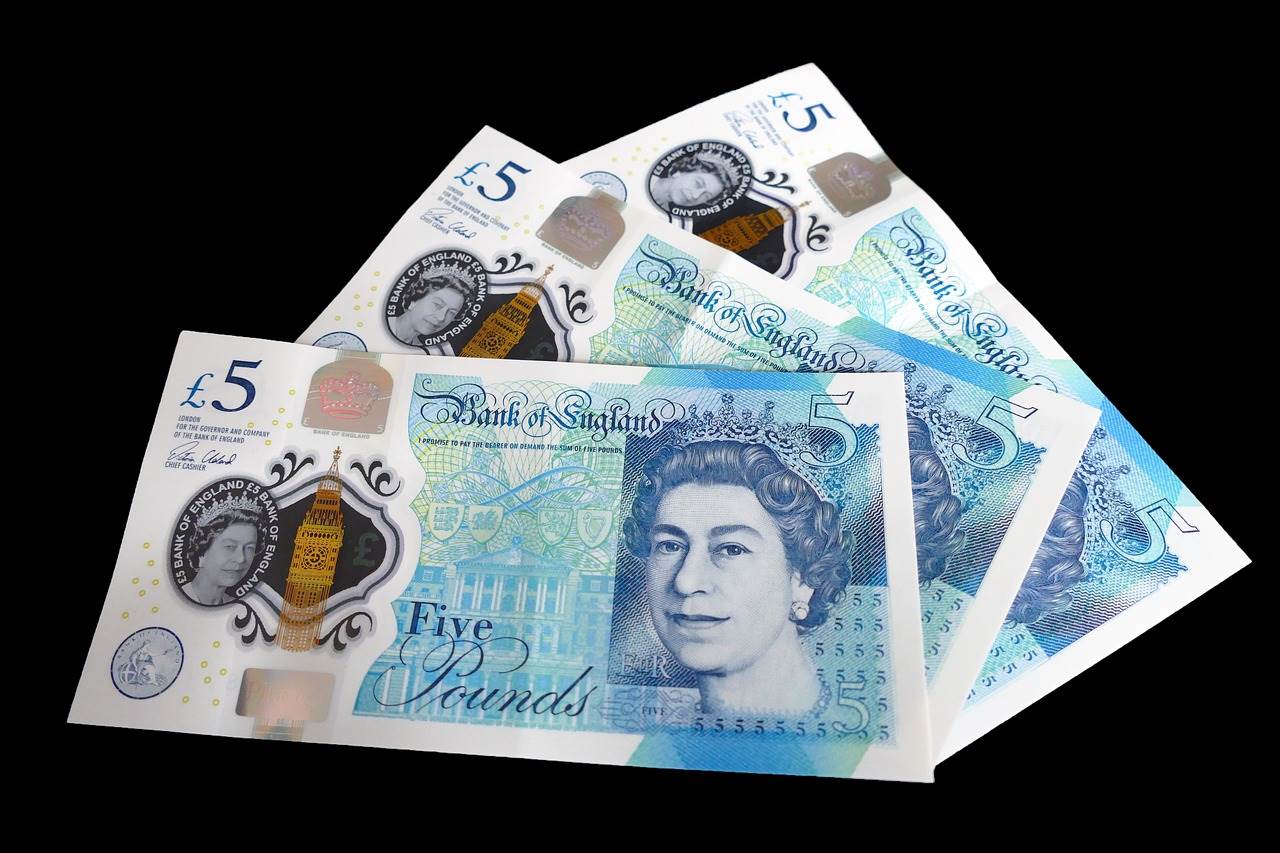 New UK Prime Minister Boris Johnson has his work cut out for him – in addition to working on getting the UK out of the European Union, he also has to worry about the continually falling pound, which hit fresh 28-month lows on Monday against the dollar, and 24-month lows against the euro. The sterling has crashed over five percent since May against its major currency pairs, a downward spiral that will be difficult to climb out of once the Brexit is complete and UK trade with its closest neighbors is permanently altered.
New UK Prime Minister Boris Johnson has his work cut out for him – in addition to working on getting the UK out of the European Union, he also has to worry about the continually falling pound, which hit fresh 28-month lows on Monday against the dollar, and 24-month lows against the euro. The sterling has crashed over five percent since May against its major currency pairs, a downward spiral that will be difficult to climb out of once the Brexit is complete and UK trade with its closest neighbors is permanently altered.
A lower pound may be useful for some exporters, but on the whole, it is likely to cause rising consumer prices, which will restrict spending and could prompt higher inflation. In the interim, the lower pound sent British stock prices higher, with the country’s benchmark indexes bouncing back from early losses on Monday to close the day higher. The Bank of England will be meeting on Thursday and is largely expected to hint towards future rate hikes in an era where many central banks are leaning towards looser fiscal policies.
The pound slumped 0.34 percent as of 10:46 a.m. HK/SIN on Tuesday, trading at $1.2174. The euro was up against the pound, gaining 0.34 percent. The pound also slipped against the yen.
The dollar, on the other hand, strengthened against several of its primary trading partners on Tuesday, trading up against the euro to $1.114, and up against the Canadian dollar as well. The dollar index gained 0.07 percent in early Asian trade to trade at 98.12 .DXY.
Oil Prices Head Higher
Oil prices were higher on Tuesday morning though they tend to be inversely related to the strength of the dollar. U.S. WTI futures gained 0.60 percent to trade at $57.20 per barrel, while Brent crude futures were up 0.50 percent to $64.03 per barrel. On Monday, oil futures gained 1.2 percent, extending last week’s gains, as traders gear up for an expected interest rate cut later this week. Despite recent gains oil is facing its second monthly decline of the year as the global economic slowdown and lingering tariff concerns threaten to reduce demand more than they have already.
